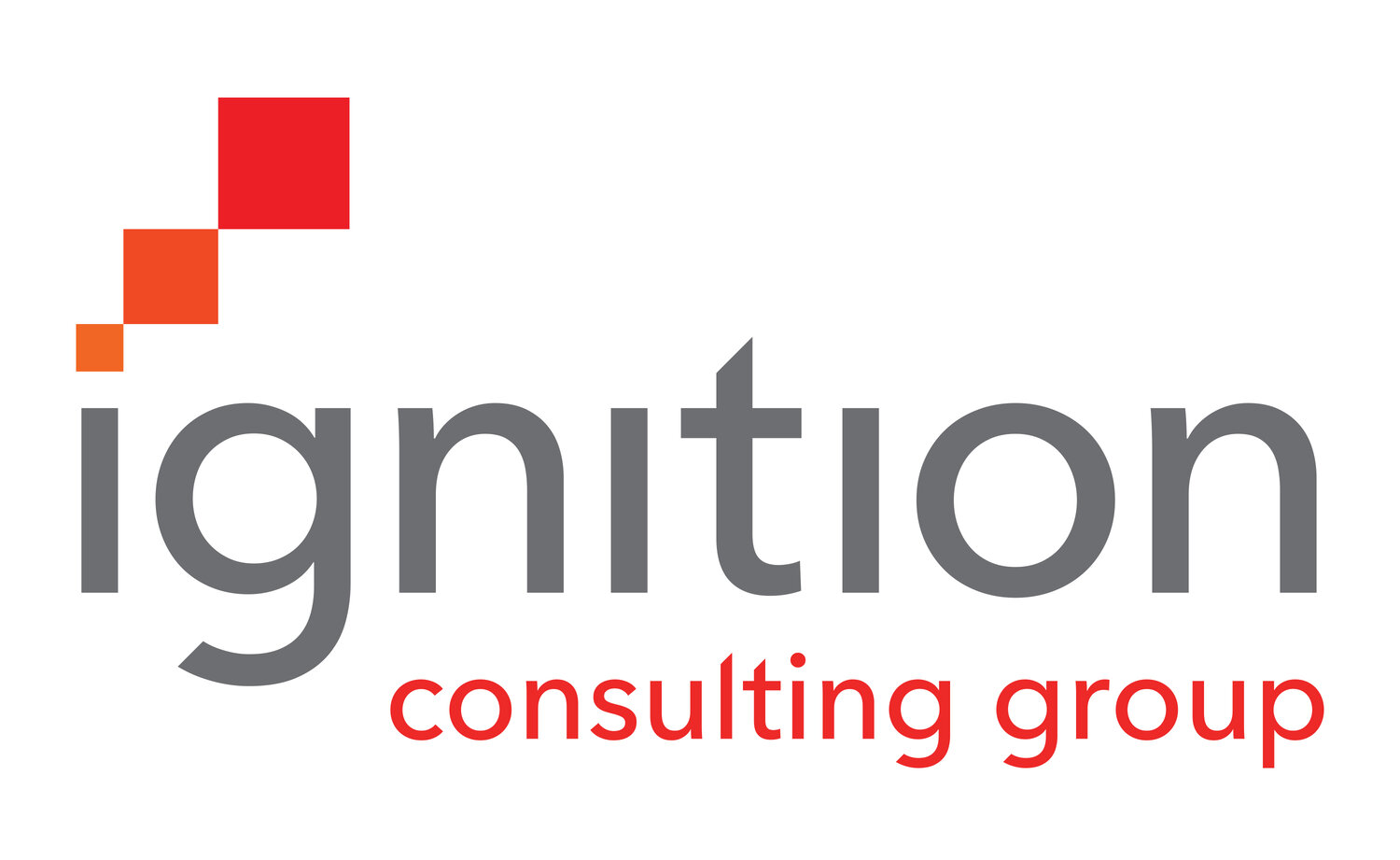To Engage Employees, Focus On Effectiveness Instead of Efficiency
By Tim Williams
Hourly billing produces a soul-crushing culture. But it’s in your power to change it. If you lead or manage a professional services firm, you can redirect the internal narrative away from “be efficient” to “be effective.” The result among your fellow professionals is nothing short of transformational.
It may also be key to winning the talent wars. Would you rather work for a firm that prizes “billability" or one that cares almost exclusively about results? Professionals intensely dislike the constant pressure to be “busy,” which is often at odds with being truly productive.
Effectiveness + trust = economic driver
These dynamics are particularly consequential in a hybrid work environment, where management doesn’t have visibility into how associates spend their time. It’s simply not possible to engage in 1990’s style “management by walking around” to assess whether employees are occupied with work. An effective hybrid work environment requires high trust — what Stephen M.R. Covey calls “the reciprocity of trust.” To get trust you have to give trust.
In fact, Covey argues, trust is an economic driver, not just a social virtue. Lack of trust results in a “trust tax.” When trust goes down, speed goes down and costs go up. But the opposite is also true. A culture of accountability produces a “trust dividend.” Trust can be monetized.
In effectiveness-driven organizations, individuals understand their job is to:
1. Make promises carefully. Commit to deadlines only when they are confident they’ll have the time to deliver an effective solution.
2. Take responsibility for organizing and monitoring their own workload and workflow.
3. Reject taking on additional work that will compromise prior commitments. (When asked to do this by a superior, they ask “Which of my current assignments will you reassign or postpone so I can accommodate this additional work?”)
4. Keep their pledges by delivering on or before the promised date.
These behaviors are so painfully self-evident that most professionals would be insulted to be reminded of their importance. But individuals who work this way are rare and valuable; they exist only in cultures of accountability, never in cultures of utilization.
“Work the hours” vs. get the job done
Its immensely satisfying to work in an organization where the goal is to effectively solve a problem, not “work the hours” or “stay within the time estimate.” An extreme example of this can be found in organizations who work in the agile framework. Part of the agile philosophy involves organizing work in a series of “sprints” (blocks of time devoted to solving specific problems). Hard-core devotees of agile would find it acceptable for a team who has solved a problem early to go home early. Imagine that five days were allocated for the sprint, but the problem was solved in three days, so team members can now enjoy a two-day break from work. They will still earn the promised salary and the client will still pay the quoted price. (Rather than take a two-day vacation, it’s more likely the team will start on the next sprint two days early rather than take a two-day vacation, but the point still holds — your clients are paying for solutions, regardless of the time it takes.) They are paying for effectiveness, not efficiency.
Business author Rory Sutherland decries the fact that the business world is now largely led by “‘The Arithmocracy,’ a powerful left-brained administrative caste which attaches importance only to things which can be expressed in numerical terms or on a chart.” Nothing is more emblematic of a number-driven culture than the practice of time tracking and hourly billing, which requires immense amounts of administration, all based on the outdated and disproven idea that clients are buying your labor.
As advertising executive Phil Adams once remarked, “People in our business want to be swashbucklers, not a high utilization number. They want to be part of Jack Sparrow’s Black Pearl crew.”



